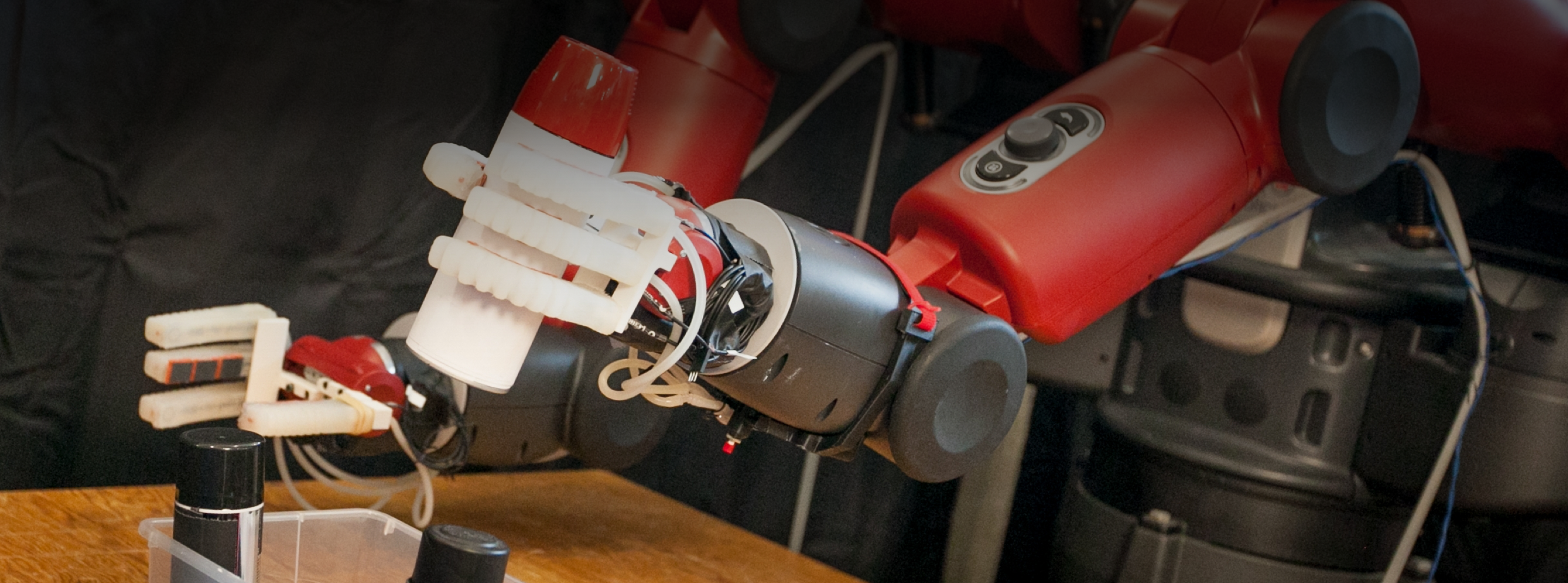PRODUCED BY: Nate Caldwell
After spending his childhood in New York, Alexander Amini moved to Dublin, Ireland to attend high school at Castleknock College. During his time there, Amini combined his passions for computer science and tennis to create an artificial intelligence (AI) based coaching system using the real-time sensor data collected from an athlete’s body. His project won the Grand Prize at both the national and international levels, including the EU Contest for Young Scientists.Amini’s continuous interest in these areas inspired him to join MIT for a research position before earning his Bachelor of Science in Electrical Engineering and Computer Science with a minor in Mathematics from MIT. Following that, Amini earned his Master of Science and completed his PhD with CSAIL earlier this year.
Today, Alexander Amini is a Postdoctoral Researcher at MIT CSAIL working with Professor Daniela Rus. Amini describes Rus as being a true pioneer of robotics and AI. “Together we have invented many exciting technologies that are pushing the boundaries of what AI is capable of,” shared Amini. To name a few, they’ve developed new types of robots that can autonomously explore new and foreign environments as well as AI algorithms that can learn to identify and mitigate the bias and uncertainty in their own decision making.
His current research is focused on building safe and reliable autonomous agents that can learn to interact with new environments and support people with tasks. Amini shares that his research focuses on taking the AI and ML that is being developed today and “making sure that it can be successfully deployed to tackle new situations, really exciting and interesting ones, that they’ve never been trained to see before.”
Currently, one major challenge in autonomy is that, though a lot of AI systems are getting built, these systems are not always reliable when translated into reality. “AI is revolutionizing so many different areas of the entire world, including robotics, finance, medicine, and more,” Amini explains. “We’re seeing more and more AI permeate into society and the use cases of AI are constantly growing in the sense that AI is being now deployed into more safety critical situations, places where the AI is making decisions that have direct impact on human lives.”
Having the ability to develop safe and reliable autonomous systems excites Amini and motivates him to continue advancing his innovative research at CSAIL. The process of studying how AI interacts with its environment also creates a feedback loop, leading to new and interesting challenges to address in the future.
Choosing to pursue academic research was a simple choice for Amini, who has always been passionate about this area. He aspires to solve and inspire solutions to challenging problems in his primary research fields: autonomous systems, adaptive agents, and neural networks. “I’m extremely excited about the potential for academia to enact real change in this field,” Amini said. “It’s always been a dream of mine.”

